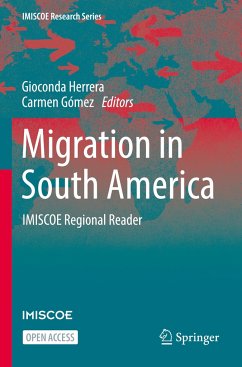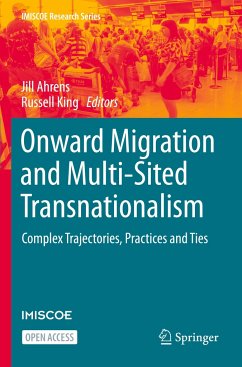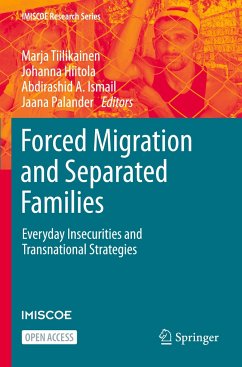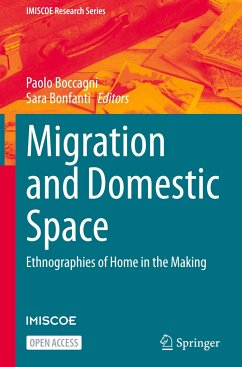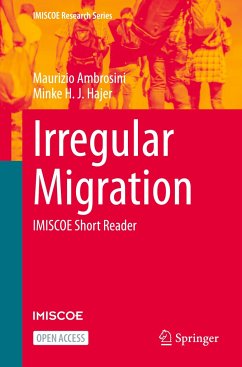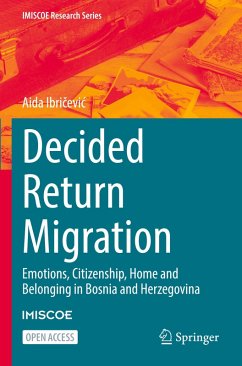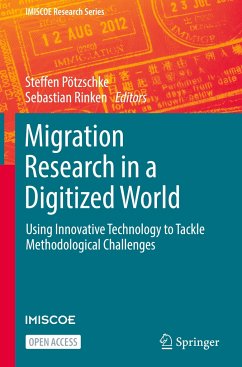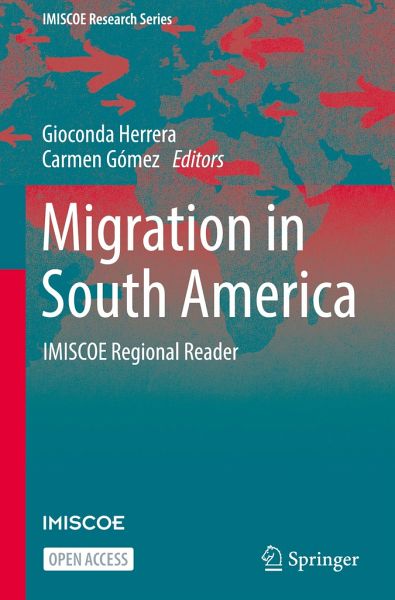
Migration in South America
IMISCOE Regional Reader
Herausgegeben: Herrera, Gioconda; Gómez, Carmen
Versandkostenfrei!
Versandfertig in 6-10 Tagen
38,99 €
inkl. MwSt.

PAYBACK Punkte
19 °P sammeln!
This open access regional reader examines emerging issues around new migration patterns in South America and their relationship with changing migration policies over the last twenty years. The first part of the book looks at conceptual discussions on mixed and survival migration, the link between migration and extractivism, and the specific character of transit migration. A second part examines how these debates have led to transformations in state policies, and the shift in government policies from a human rights-based approach towards more restrictive ones. Finally, the third section revisit...
This open access regional reader examines emerging issues around new migration patterns in South America and their relationship with changing migration policies over the last twenty years. The first part of the book looks at conceptual discussions on mixed and survival migration, the link between migration and extractivism, and the specific character of transit migration. A second part examines how these debates have led to transformations in state policies, and the shift in government policies from a human rights-based approach towards more restrictive ones. Finally, the third section revisits the relationship between racism, xenophobia and colonialism in contemporary migrations. As such this book makes an interesting read to students, academics, policy makers and all those working in the field.





